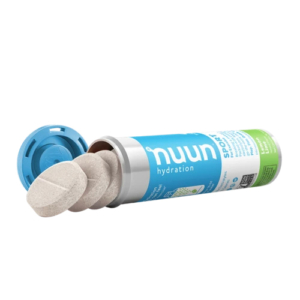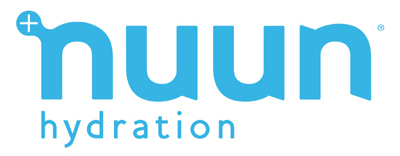Why Do We Need Electrolytes? Quenching Your Thirst
Understanding Electrolytes – The Science Behind Them
Electrolytes are minerals that serve as electrically charged ions in the human body. These ions play a role in various bodily functions. During emergency situations their importance becomes particularly evident. The primary electrolytes include sodium, potassium, calcium, magnesium, chloride, and bicarbonate. Each of these minerals contributes to specific processes vital for our well-being:
- Sodium is for maintaining fluid balance in and around our cells. It helps control blood pressure and aids in nerve transmission.
- Potassium is for regulating heart rhythm, muscle contractions, and nerve signals. It helps counterbalance the effects of sodium.
- Calcium supports bones and teeth but also muscle function, blood clotting, and nerve transmission.
- Magnesium participates in over 300 biochemical reactions in the body, including muscle and nerve function, blood glucose control, and bone health.
- Chloride is an important component of stomach acid and aiding in digestion. It also plays a role in maintaining proper pH levels in the body.
- Bicarbonate functions as a buffer to maintain the body’s pH level, helping to prevent excessive acidity or alkalinity.
In normal circumstances, the body maintains a balance of these electrolytes, aiding optimal health and well-being. During emergencies, this balance can be disrupted due to various factors such as increased physical activity, exposure to extreme weather conditions, limited access to clean water, and restricted access to nutritious food. This disruption can lead to dehydration and electrolyte imbalances.
Given the role that electrolytes play in the body’s normal functioning (especially in times of stress and hardship) it becomes important to replenish and maintain these minerals balance. This is where products like Nuun electrolyte tablets can be invaluable, as they provide a practical and portable means of addressing these needs.
Dehydration and Electrolyte Imbalance in Emergencies
The factors contributing to dehydration or electrolyte imbalance can include:
- Limited access to clean water
- Physical exertion and stress
- Unpredictable weather conditions
- Limited access to fresh food.
- Limited medical resources

Nuun Electrolyte Tablets: A Solution for Emergency Preparedness
Nuun, a popular brand known for its electrolyte tablets, offers a convenient and effective solution for maintaining hydration and electrolyte balance in emergencies. These tablets are designed to dissolve quickly in water, providing a portable and easily storable source of electrolytes. Here’s why Nuun electrolyte tablets are a valuable asset in emergency preparedness:

- Portability: Compact and lightweight, making them easy to carry in your emergency kit or backpack.
- Versatility: Variety of flavors, making them more palatable and enjoyable to drink, encouraging regular fluid intake.
- Electrolyte replenishment: Helps restore electrolyte balance by supplying essential minerals like sodium, potassium, magnesium, and calcium.
- No added sugars: Low in sugar, helping to avoid blood sugar spikes and crashes during stressful situations.
- Purity: Non-GMO, gluten-free, vegan, and contain no artificial preservatives, ensuring you get the best-quality electrolytes.
Knowing When to Use Electrolytes
Here are some indicators that can help you determine when to use electrolytes:
- Excessive Sweating: Sweating leads to the loss of both water and electrolytes, and these need to be replenished.|
- Signs of Dehydration: Dehydration symptoms include dark yellow urine, dry mouth, increased thirst, fatigue, and dizziness. If you notice these signs, it’s essential to rehydrate with electrolyte-containing fluids.
- Prolonged Physical Activity: Activities such as hiking, biking, or running: using electrolytes can help maintain proper fluid balance and support your performance. Alberta Health has a chart/activity here to give more specific details on how much fluids we require to keep hydrated.
- Illness or Infections: When you’re sick with conditions like diarrhea, vomiting, or a fever, your body loses fluids and electrolytes more rapidly. Using electrolytes can aid in replenishing what is lost and preventing dehydration.
- Exposure to Extreme Weather: Whether it’s intense heat or cold, extreme weather conditions can lead to increased perspiration.
- Emergency Preparedness
Conclusion:
Note that electrolyte needs can vary from person to person depending on factors such as age, sex, weight, and individual health conditions. Therefore, it’s advisable to consult with a healthcare professional or a nutritionist if you have specific concerns about electrolyte intake, especially if you have underlying medical conditions.
In most cases, using electrolytes when you’re engaged in activities that lead to fluid loss or when you experience signs of dehydration is a smart and proactive way to maintain your health and performance. It’s better to prevent imbalances with preventative choices. Happy hydrating!



